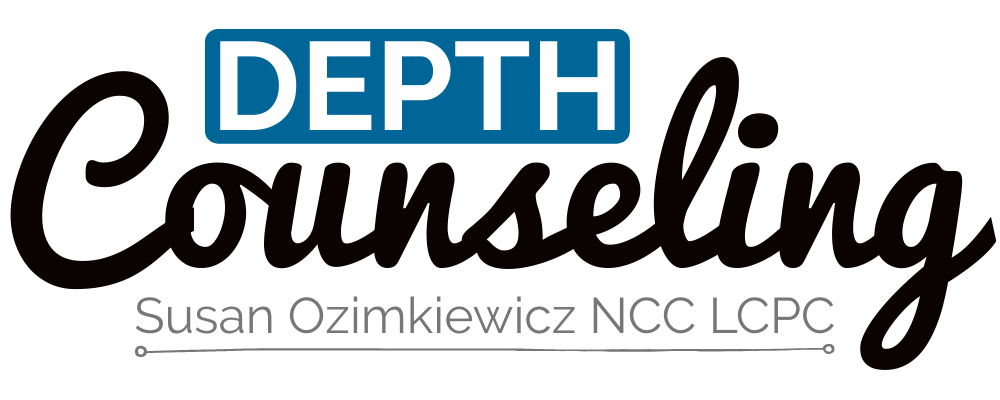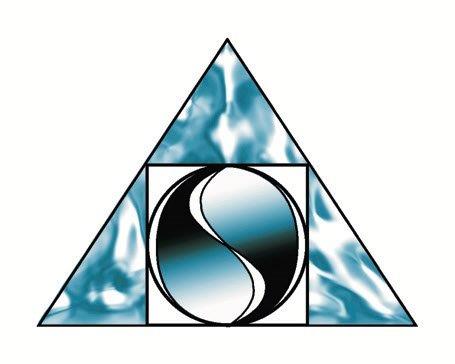Why Or Why Not!
The Pain of not Knowing Why

There are words that people never used, or ever explained. The experience of sudden silence, the unspoken words, the unanswered questions that haunt your mind. The “why” lives and ruminates rent free in your head sometimes day and night looking for the answer to the “why” when he or she do not find an answer. People seek to understand and stand under their understanding rather than feeling left in the dark and not knowing as you then realize that you may never know.
"Why" is not a fact because it is an opinion, which is a statement that expresses a belief, value judgment, attitude, or feeling. A fact is a statement that you can prove to be true or false using objective evidence. When you say, "why not" that is not considered a fact in psychology because it represents a question, not a verifiable statement of truth; it expresses doubt or a lack of evidence rather than presenting concrete information that you can evaluate and confirm as factual.
~ Asking "why" can be problematic because it often puts people on the defensive, making them feel like they need to justify their actions, potentially leading to less honest answers and hindering deeper understanding; instead, using more open-ended questions like "what led you to" or "can you tell me about" can encourage more thoughtful responses and genuine insight. ‒ Anonymous
Key reasons to avoid asking "why"
- Defensive reactions:
"Why" can imply blame or criticism, causing people to become defensive and less likely to share their true thoughts. - Superficial replies:
People may give socially acceptable reasons rather than their real motivations, as they are often not fully aware of their own "whys". - Justification:
Asking "why" can push people to focus on justifying their actions rather than providing a deeper explanation.
Alternatives to "why"
To get better clarification think of using open ended statements such as, "What led you to..., "Can you explain..., "How did you decide..., "Tell me about..., and "What were your considerations when. "What" questions, with their open and non-judgmental nature, which creates a space for understanding and an empathic dialogue that allows individuals to share their experiences, feelings, and thoughts without fear of criticism.
Example of a poem that asks questions
"The Road Not Taken" by Robert Frost - This poem famously asks, "Two roads diverged in a yellow wood, and sorry I could not travel both / And be one traveler, long I stood / And looked down one as far as I could / To where it bent in the undergrowth." The speaker questions which path to choose.







